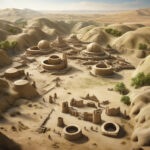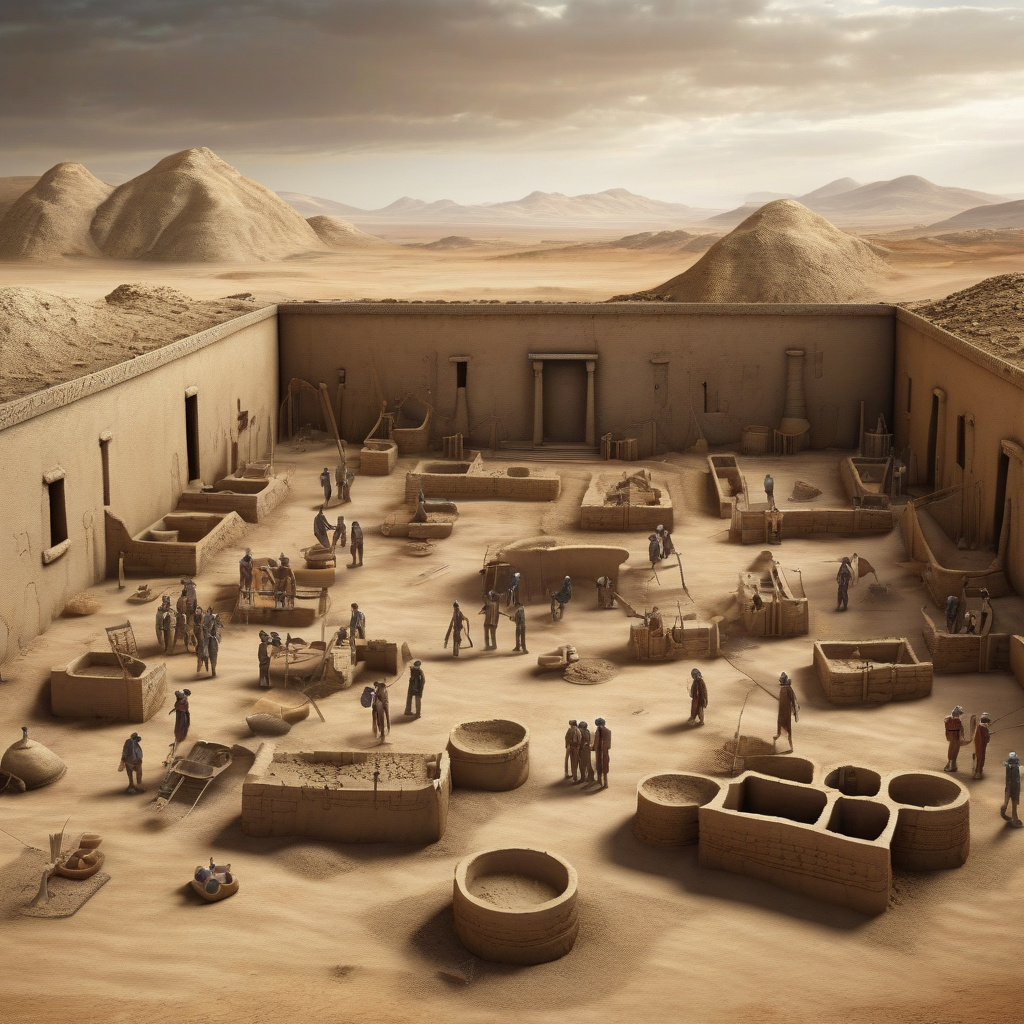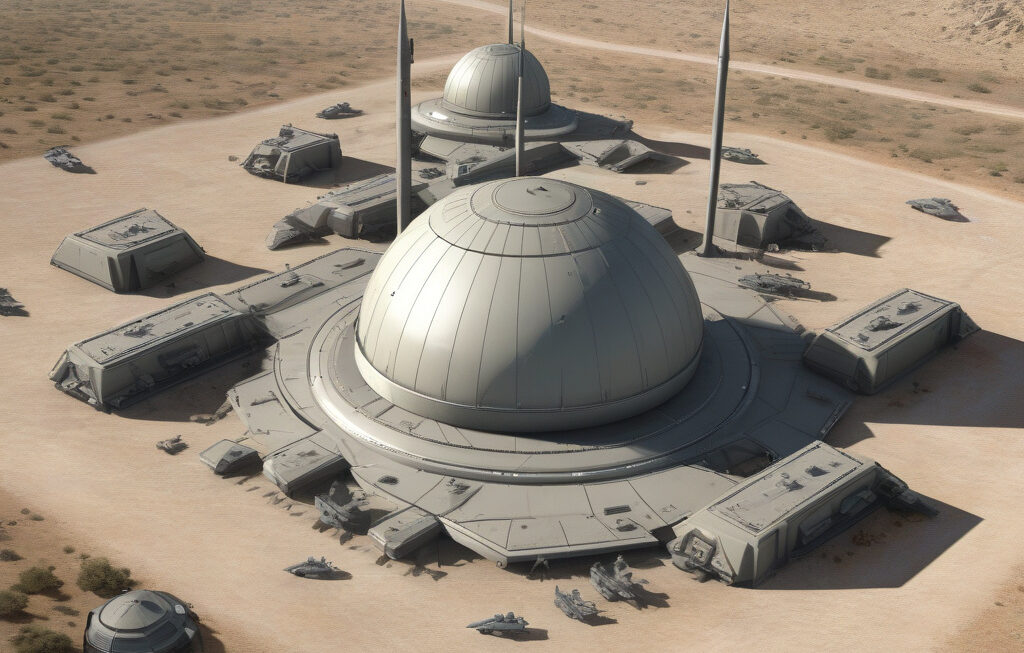“Empty Land” Theory Shattered as 4,400-Year-Old Settlement Find Rewrites History
A groundbreaking excavation has revealed what is believed to be the first Bronze Age settlement, shattering the long-held belief that the land was uninhabited during that period. The discovery, located in a remote region that was previously thought to have been devoid of ancient civilizations, has sent shockwaves through the archaeological community and is forcing a reevaluation of established historical narratives.
The site, dating back 4,400 years, was unearthed by a team of researchers who have been conducting excavations in the area for several years. What they found was nothing short of extraordinary – a well-preserved settlement complete with homes, tools, and artifacts that provide valuable insights into the daily lives of Bronze Age inhabitants.
One of the most significant findings at the site is the discovery of a sophisticated irrigation system that was used to channel water from nearby rivers to the fields surrounding the settlement. This revolutionary technology challenges the notion that Bronze Age societies were primitive and demonstrates a level of engineering prowess that was previously underestimated.
In addition to the irrigation system, archaeologists also uncovered evidence of advanced agricultural practices, including the cultivation of crops such as wheat, barley, and legumes. The presence of these crops suggests that the inhabitants of the settlement were not only able to sustain themselves but may have also engaged in trade with neighboring communities.
The artifacts found at the site further illuminate the cultural and economic exchanges that took place during the Bronze Age. Intricately designed pottery, jewelry, and tools indicate a level of craftsmanship and artistic skill that was previously unrecognized in this region. These discoveries challenge the prevailing belief that ancient societies in remote areas were isolated and technologically inferior.
The implications of this discovery are profound and far-reaching. Not only does it force a reevaluation of our understanding of Bronze Age civilizations, but it also highlights the importance of conducting thorough and systematic archaeological research in all regions, regardless of their perceived historical significance.
As we continue to uncover new evidence and reexamine existing theories, it becomes clear that our knowledge of the past is constantly evolving. The discovery of the 4,400-year-old settlement challenges us to question our assumptions and to remain open to the possibility of rewriting history based on the latest findings.
In conclusion, the excavation of the Bronze Age settlement has shattered the “empty land” theory and provided compelling evidence that ancient civilizations thrived in even the most remote corners of the world. This groundbreaking discovery serves as a reminder of the importance of curiosity, perseverance, and open-mindedness in the field of archaeology.
#BronzeAge #Archaeology #HistoricalDiscovery #Civilization #AncientSettlement












